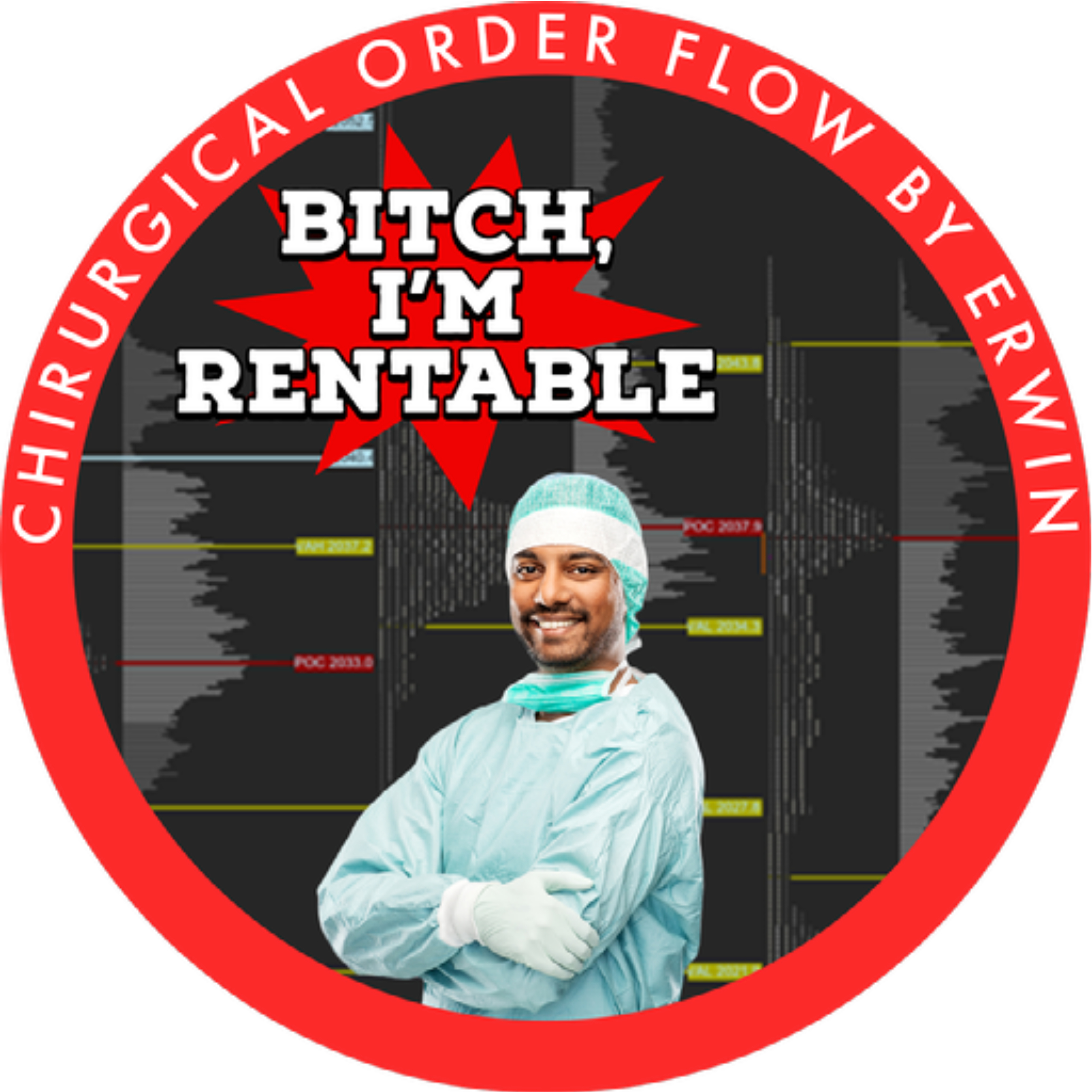Common Challenges in Surgical Order Flow and How to Overcome Them
In the healthcare industry, particularly in surgical settings, an efficient order flow process is crucial for ensuring the timely and accurate delivery of necessary supplies. However, healthcare providers often face numerous challenges that can impede this important workflow. From inventory management to communication issues, these obstacles can disrupt surgical operations and have a significant impact on patient care. In this article, we will discuss some common challenges in surgical order flow and suggest ways to overcome them.
One of the primary challenges in surgical order flow is the management of inventory. Healthcare facilities often struggle with maintaining an accurate inventory of necessary supplies. This can lead to delays in procuring essential equipment and result in last-minute scrambling to find substitutes. To address this challenge, implementing an automated inventory management system can be highly beneficial. These systems can track supply levels, send alerts when items are running low, and streamline the reordering process, leading to enhanced efficiency and better patient care.
Another significant challenge is the lack of standardized communication and coordination among different stakeholders involved in the surgical order flow. Surgeons, nurses, suppliers, and administrative staff should all be on the same page to ensure a smooth flow of orders. Implementing a centralized communication platform, such as a web-based portal or mobile application, can help overcome this challenge. This platform can provide real-time updates, facilitate quick responses to queries, and ensure efficient collaboration among all parties involved.
Additionally, managing the financial aspects of surgical order flow can be challenging, especially in cases involving cross-border transactions. Converting currency plays a crucial role when healthcare providers or suppliers are dealing with international transactions. For instance, converting usd into inr (Indian Rupees) can be challenging due to fluctuations in exchange rates and associated fees. To overcome this issue, providers should consider using secure digital payment platforms that offer competitive exchange rates and low fees. These platforms enable seamless currency conversions, ensuring that suppliers receive timely payments and reducing financial hurdles in the surgical order flow.
Medical product recalls and supply chain disruptions are also common challenges that can significantly impact surgical order flow. These events can lead to delays in product delivery and even compromise patient safety. To mitigate the risks associated with such situations, healthcare providers must establish reliable backup suppliers and maintain strong relationships with manufacturers. Conducting regular audits and quality checks can further ensure that the products being procured meet the required standards.
In conclusion, the efficient flow of surgical orders is vital for the smooth operation of healthcare facilities. By addressing common challenges such as inventory management, communication issues, currency conversions, and supply chain disruptions, healthcare providers can enhance their order flow processes and ultimately improve patient care outcomes. Investing in automated inventory management systems, implementing centralized communication platforms, and partnering with reliable suppliers are key steps towards overcoming these challenges and streamlining surgical order flow.
Publisher Details:
Chirurgical Order Flow Trading – Exploitez les marchés avec précision FOREX MARKET PROFILE FOOT PRINT CARNET DORDRE
https://www.chirurgical-order-flow.com/
“Get ready to streamline your surgical supply chain like never before with chirurgical-order-flow.com. Say goodbye to paper orders and manual processes and hello to seamless, efficient order flow. Discover the future of surgical supply management today.”
